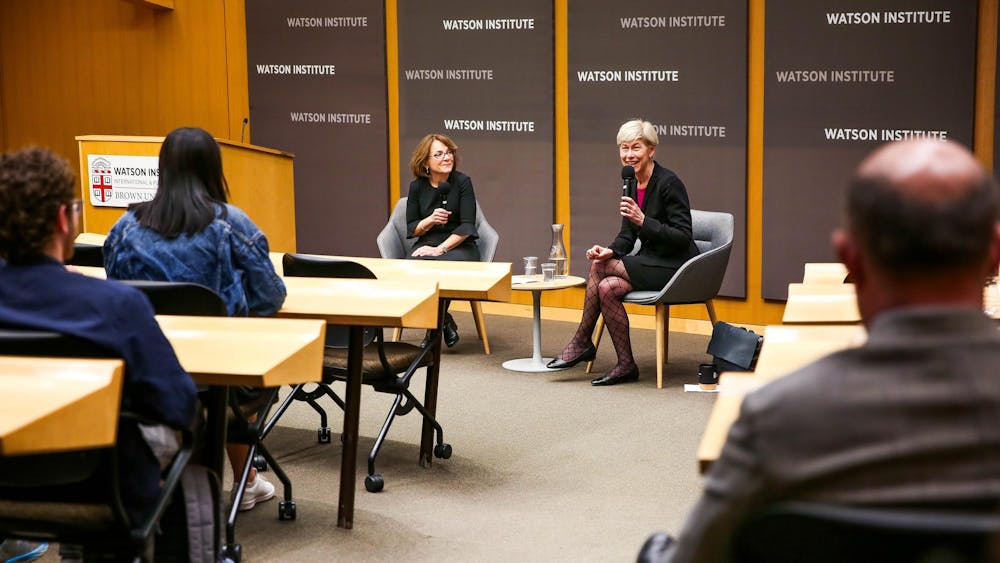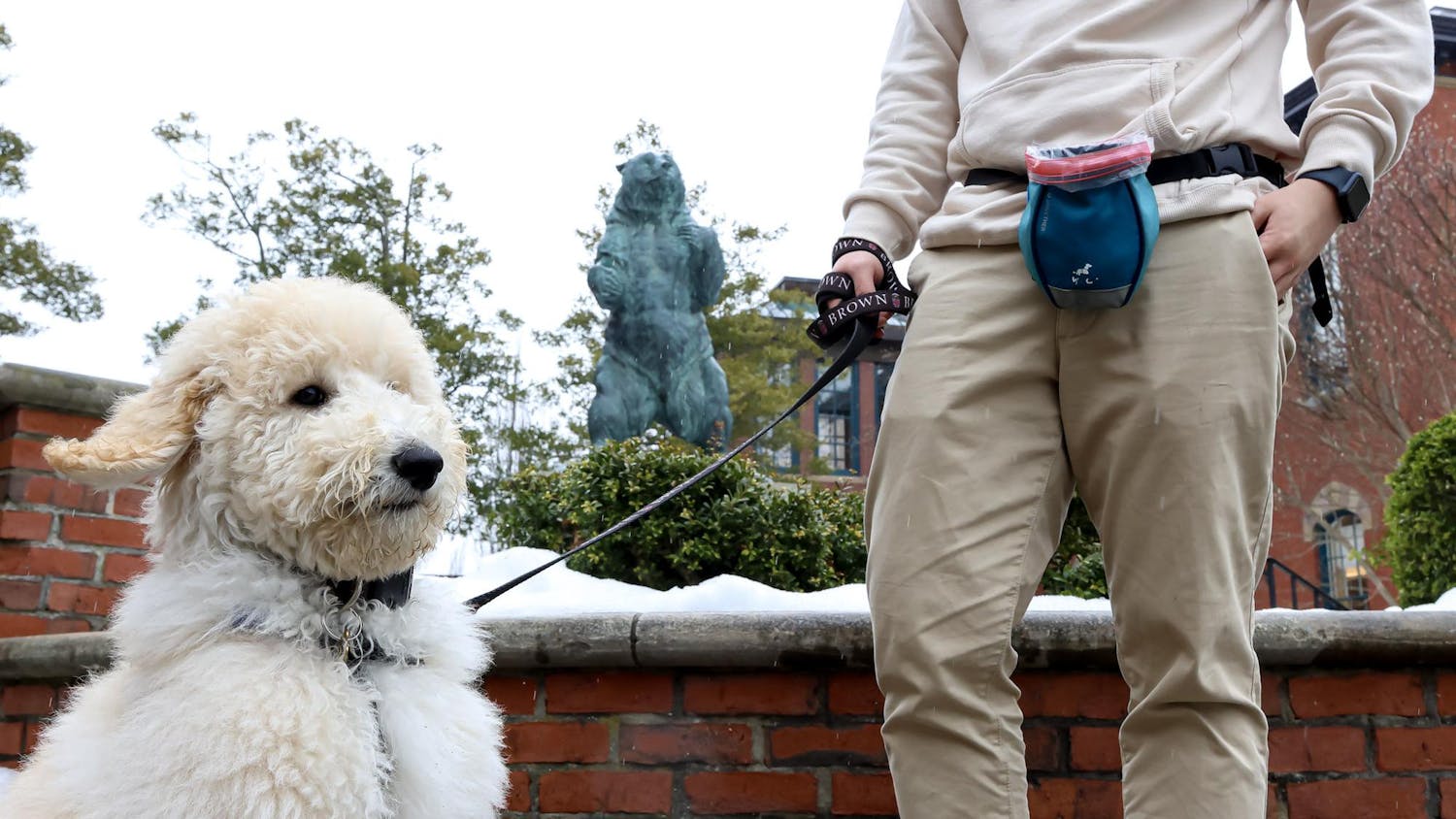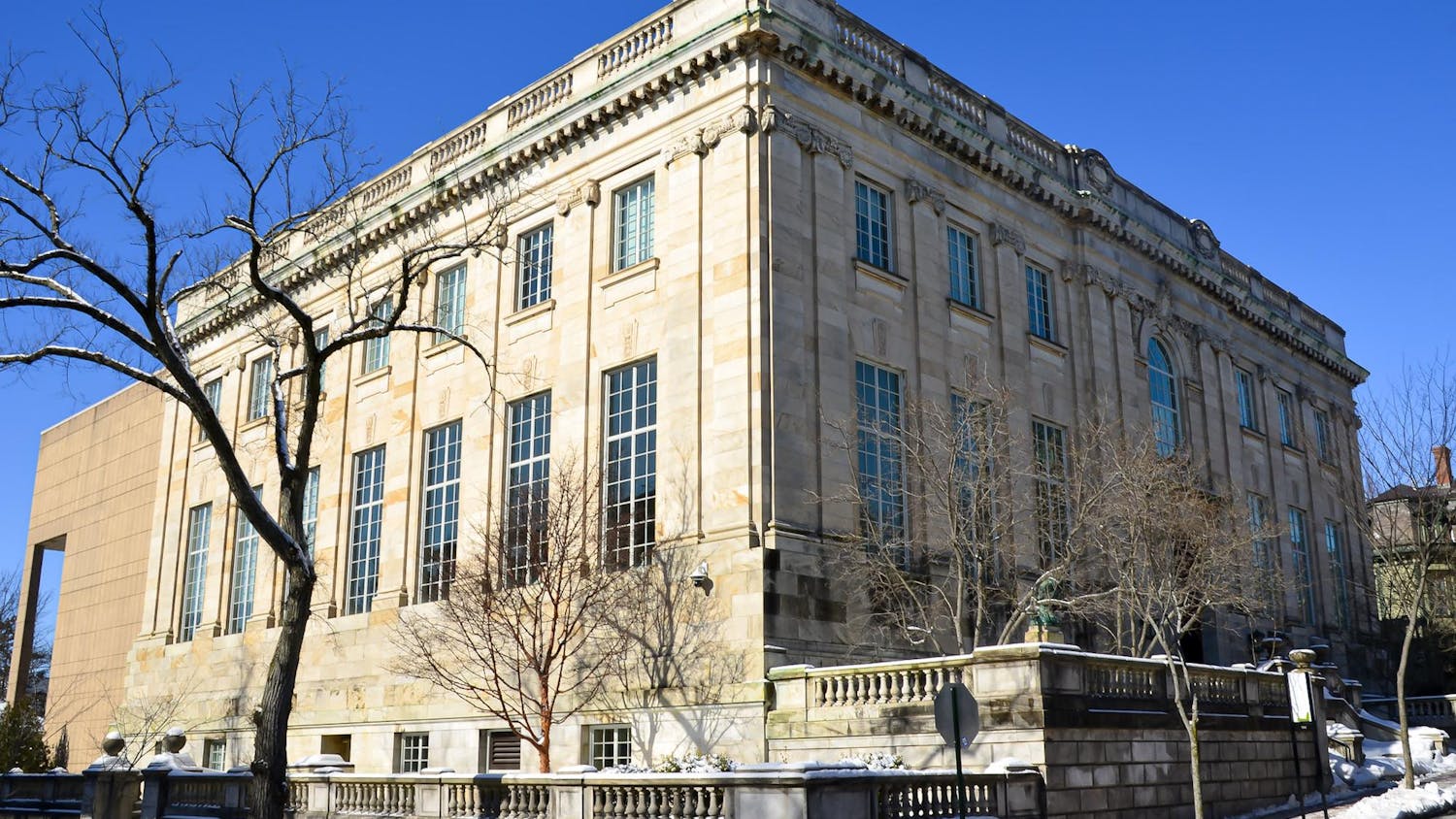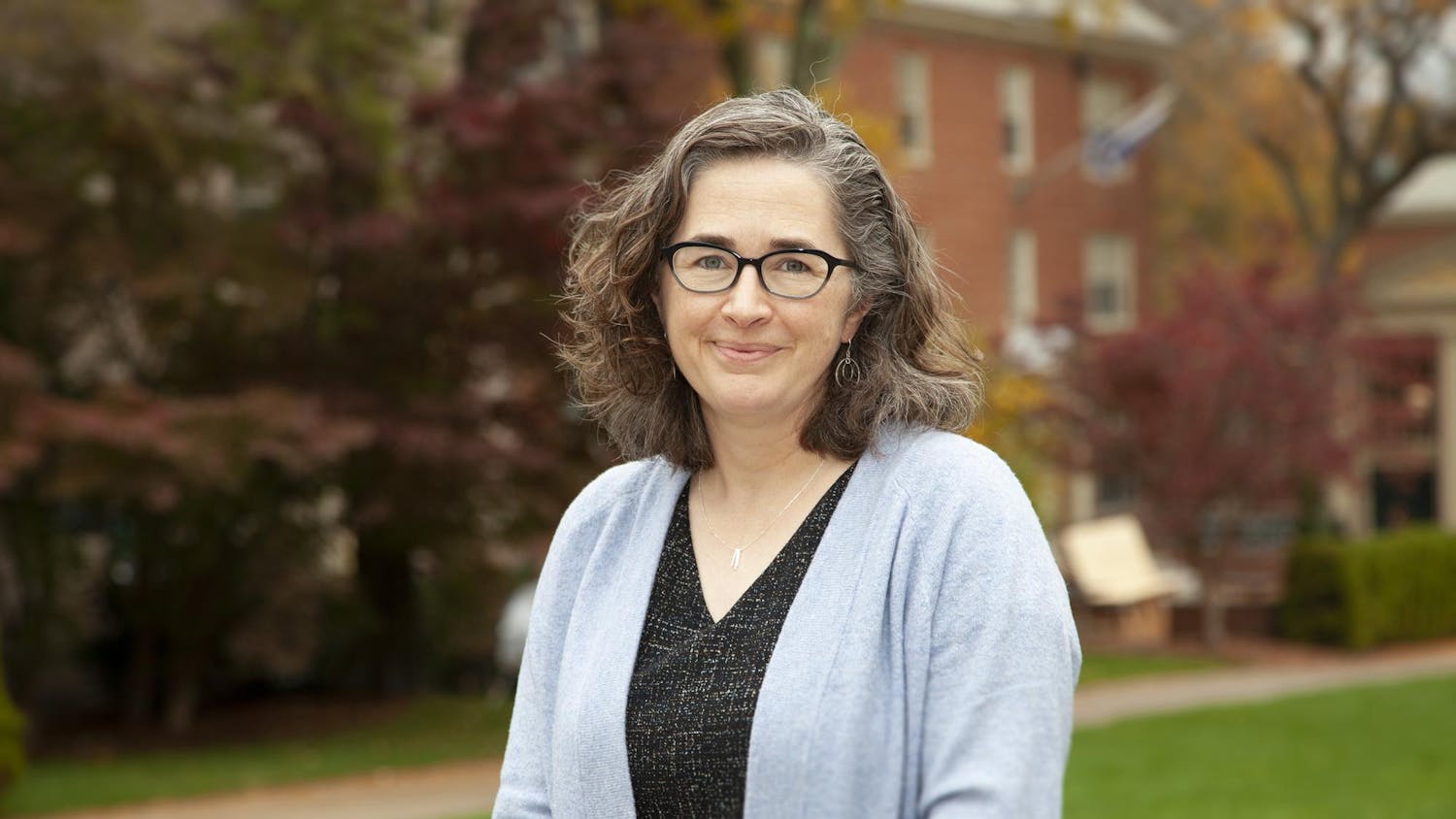U.S. Representative Deborah Ross ’85 (D-N.C. 2) visited the Watson Institute on Thursday to discuss the 118th Congress.
Ross has been the representative for North Carolina’s second congressional district since 2021. At the event — which was hosted by the Taubman Center for American Politics and Policy — Ross spoke of her journey as a Brown student, bipartisan strategy in legislation and the inner workings of a Congressional office.
The Herald sat down with Ross before the event to discuss her political journey and her perspective on current events.
This interview has been edited for length and clarity.
On her experience at Brown and its influence on her career:
Ross: I went to a small public high school in Connecticut. And it was a great school, but it was a small town. When I came to Brown, I came here thinking that I was going to be a pre-med major. I immediately changed my concentration to International Relations, so that I could take all these different classes and travel abroad. I studied abroad for a year and studied two different languages. It just opened up my world.
I just loved every bit of it, even the hard parts, even the disappointing parts; it was an unbelievable experience because I felt like I could form who I was going to be in this amazing place with these amazing students. I had professors I really liked, but it's really the students that made the difference for me.
While it didn't directly prepare me to be in public office, I think it directly prepared me to be able to talk to anybody, no matter where they're from. I’ve had the small town experience, so I feel very comfortable going to a lot of small towns in my district. But I also have a large international population and a lot of my friends at Brown were from foreign countries. I learned how to comport myself in any situation.
On what America’s most pressing issues are:
Ross: I think if you ask everyday Americans, the most important thing is recovering from the pandemic, economically and also emotionally. That includes housing costs, child care costs, health care costs, more awareness of mental health issues. After those kinds of issues, there’s concern about the environment and womens’ reproductive freedom. Then we get the bucket of immigration issues. In my area, it’s less about the border and more about wanting more immigrants. We've really thrived because of immigrants who have come and worked in the Research Triangle and in North Carolina agriculture.
Then there’s everything that is going on in the world. Everything that's going on in Ukraine is huge. Everything that's going on in the Middle East is huge. Everything that's going on in Sudan is huge. I just got back from South Korea with a bipartisan delegation, where the North Koreans just launched a missile. That’s a lot of responsibility.
On how students can engage with political causes:
Ross: I try to do things big and small. As students, some want to do the big things, but sometimes the most effective would be to do the small things. So what you can do at Brown is protest, which has its value and raises awareness to issues. You can go work for your governor, somebody in the statehouse or somebody in Congress. You can go work on a campaign or you could start a nonprofit. All those ways are ways to make a difference. And the most important thing is that you find the way that's true to you.
On her experience as a student activist at Brown:
Ross: The two things that I was the most active on were women's rights and arms control. As I said, my mom was a big inspiration to me. She did a lot for women's rights. The main thing that I did was try to get the (Equal Rights Amendment) passed, which still hasn’t been done.
We still had the Berlin Wall when I was at Brown. Ronald Reagan was talking about putting a dome over the entire United States. I wrote an independent paper my senior year about the best way to avoid nuclear war with an arms control expert who was on campus. I advocated and marched for de-escalation, hoping to form arms control treaties and decrease the number of missiles.
On how activism can be effective and inclusive:
Ross: I think it's important to have your voice heard. One of the things that I tell students is that you should build your own stage. And there are three things to building your own stage. First, building it. What are you building? Are you building a community? Then you have to own it. So whatever you're going to build, it should be something that means something to you. Then there’s the stage part. What are you putting out there? Who is the audience? Is it other students or is it lawmakers? … I think it's important to be intentional. If your goal is to make change, you have to be strategic about how you're going to get it done. If your goal is to make noise, then that's a whole different conversation. But don't have that conversation with me because my goal is to make change.
On the most important issues in the 2024 election:
Ross: I can't tell you what the biggest factor is going to be because it always comes up late. It's called the “October surprise.” Right now, the biggest factor for most people is the economy and whether they feel economically secure and that the country's going in the right direction. We don't know what's going to happen with Donald Trump's trials. We've got two older guys running, either of them could get sick.
But I think that the most important thing, at least for me as a Democrat, is to make the case to people about what we have done to help them in their everyday lives. I read this amazing book “Poverty, by America.” One of the most interesting things I didn't expect to read in this was about how important government aid to families was during COVID. The rental assistance, no evictions, relief checks, health care extensions, all of these different things made an enormous difference. But the question is, who gave that to you? Who's been on your side? I think the Biden-Harris administration has been on people's side. But we have to make the case. All day every day.
Zach Robel is a Senior Staff Writer from Corvallis, Oregon, studying economics and environmental studies at Brown.





